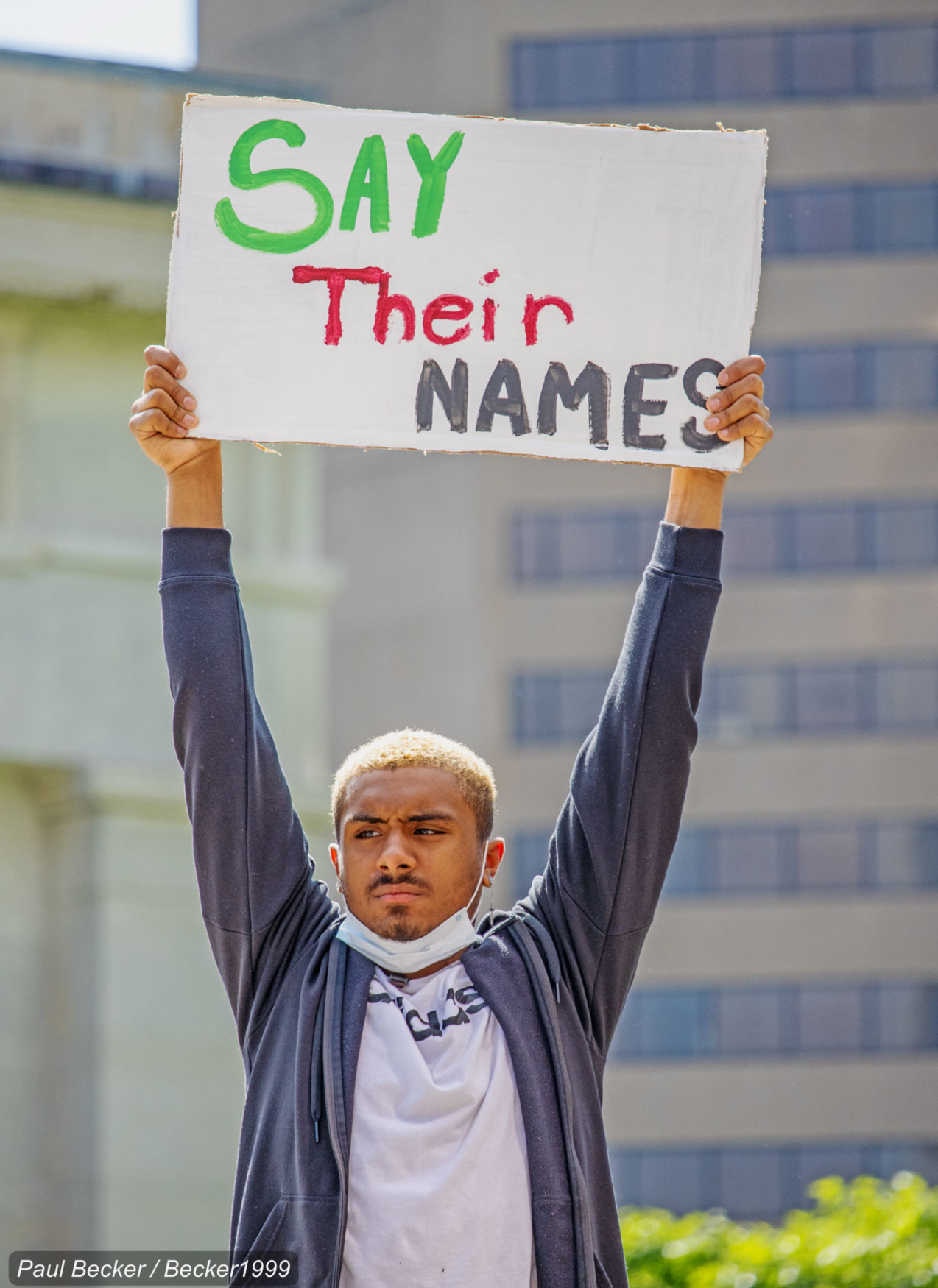William J. McCarthy Jr.
Executive Director
“They saw his humanity.”
Minnesota Attorney General Keith Ellison made this simple statement so powerful after the verdict against former Minneapolis Police Officer Derek Chauvin on Tuesday. Ellison was talking about the witnesses who spoke up to try to stop Chauvin from killing George Floyd, and the 17-year-old girl who took the video that sickened us and made the case so strong. He was talking about the officers who testified against Chauvin at trial. He was talking about everyone who knew that George Floyd should – and would – have lived beyond that encounter, if Chauvin had not kept his knee on his neck.
Why does this moment of justice and accountability feel so extraordinary? This is the kind of verdict we would expect in any case. But through a long arc of history, we were better prepared for an exoneration or a hung jury than we were for a conviction, because we have seen so many exonerations or non- verdicts – in so many literal and metaphorical ways – before this.
There is no amount of legal decision-making that will bring George Floyd back or erase the deep well of grief his family and friends have felt and will carry with them for the rest of their lives. It will scar many of us for the rest of our lives as well. There is no amount of legal decision-making that will bring back the generations and centuries of lives lost because they were not valued. No law or decision will erase the trauma inherited by each generation of individuals who are valued less because of prejudice, racism and discrimination.
We have so much work to do in the name of justice. But the legal system cannot be the only focus. When a crime is committed, the legal system is the established minimum accountability we have to one another. Laws can be flawed, and the process is not a blind one. When we encounter one another, we – as individuals, as a community of neighbors, as a nation – have to hold ourselves and one another to a higher standard. We have to challenge ourselves and then one another to recognize the humanity and dignity in every individual – to value each as we value our own – no matter what. No exclusions. No caveats. No question.
The Chauvin verdict was the end of a trial, and perhaps the beginning of a true and meaningful change. But that is up to us. As we work for justice, we must humbly open ourselves to understanding the flaws in ourselves and in the systems that prevent true justice from prevailing, and to what we might do to bring about that change. For many of us, that journey is only beginning. Wherever we are on that path, we have to hold on to a single, sparking truth: that humanity is inherent. Let that be our first step, and our path will be much easier. Let it be our starting place as we accompany one another, and we will serve each other better.

